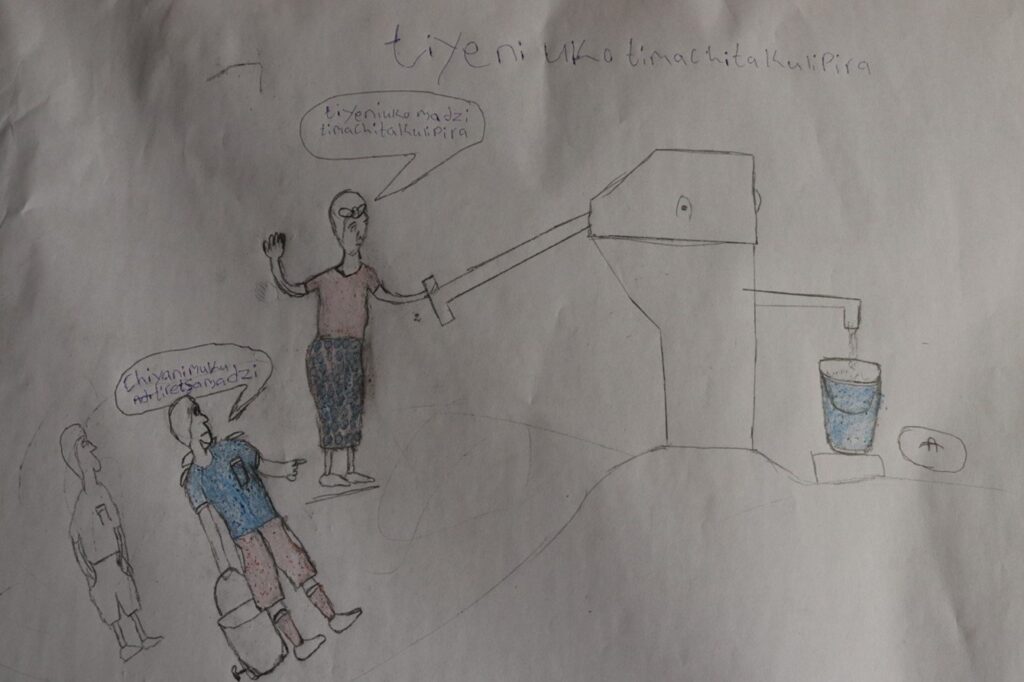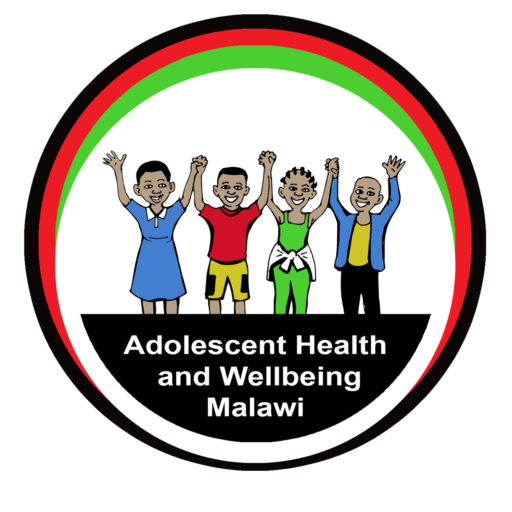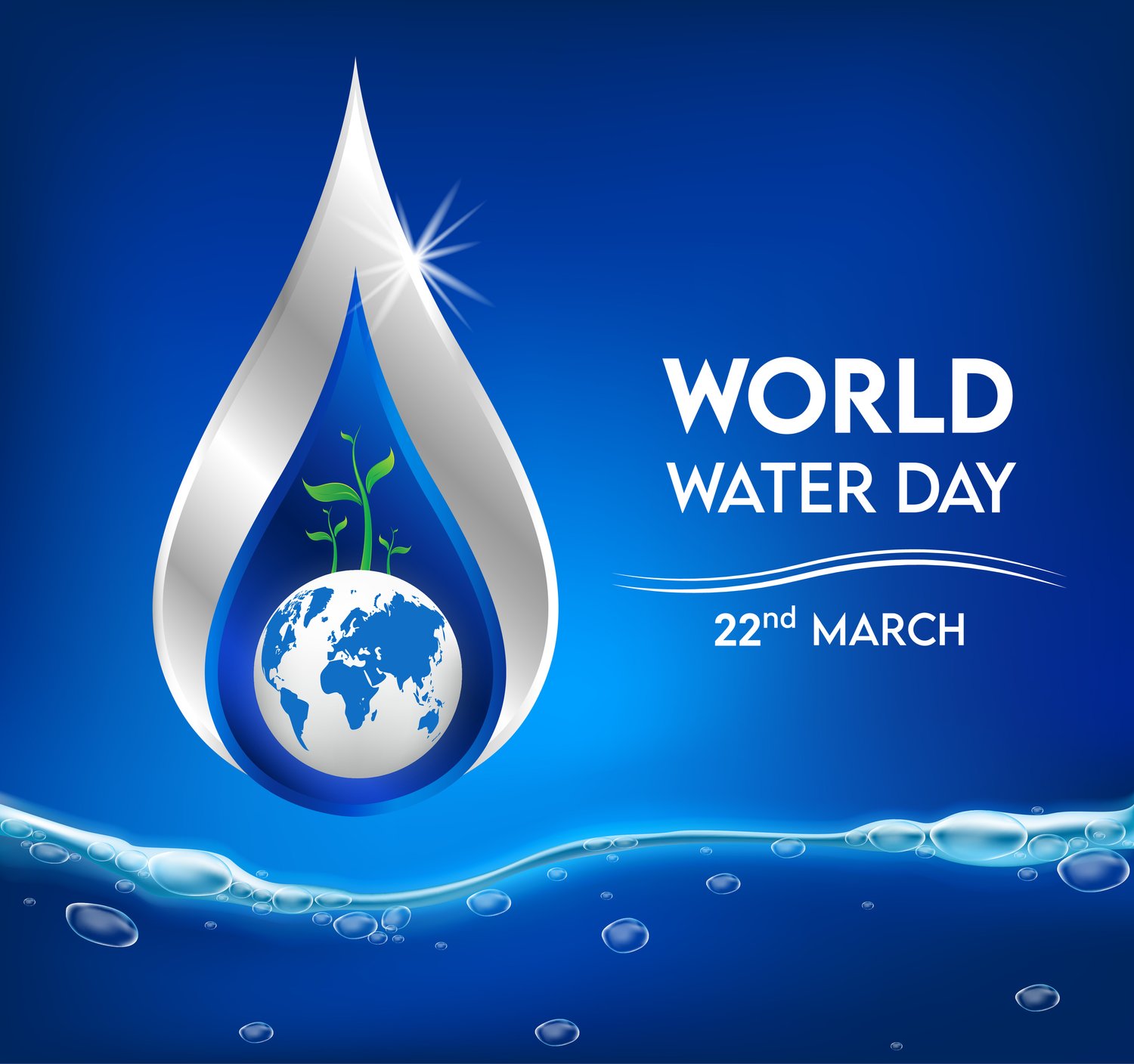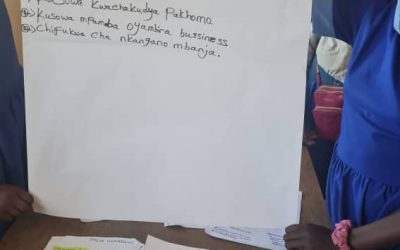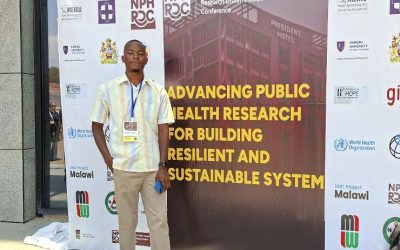Lack of access to safe and adequate water supply remains a challenge globally, but especially in sub-Saharan Africa. With a predominately youthful population in this region, this is a challenge that continues to blight the lives of young people. In Malawi nearly half the population is aged 19 and under. As populations continue to grow, so does the demand for water, thus reflecting the inclusion of water as a key Sustainable Development Goal. Beyond the challenge this poses to health and livelihoods, inadequate access to safe water supply also sparks violence and conflicts among people both within nations and across borders. It is not only wars with guns that disturbs people’s peace. Accessing communal water sources at a distance exposes populations to various forms of violence, especially women and young people as they are usually responsible for collection household water. Where water points are in limited supply, queueing for long period can lead to fights among the service users. Where water sources are far from home, travelling longer distances for water collection exacerbates cases of rape and gender-based violence against women and girls. Furthermore, the stress arising from poor access to adequate and safe water, and experiencing violence through this route, can affect young people’s mental health.
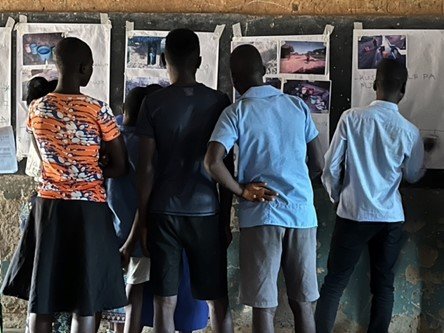
Unfortunately, limited research has been conducted with young people to understand the challenges, including violence and its prevalence, that they face related to water access. However, this is about to change. Through the use of novel data collection methods, for example using art and photography to express experiences, the water sanitation and hygiene (WASH) team from the NIHR Global Health Research Group on improving adolescent health and well-being in Malawi aim to document young peoples lived experience of challenges related to WASH. We hope to not only understand the issues young people have, but also help them develop interventions to mitigate some of these challenges.
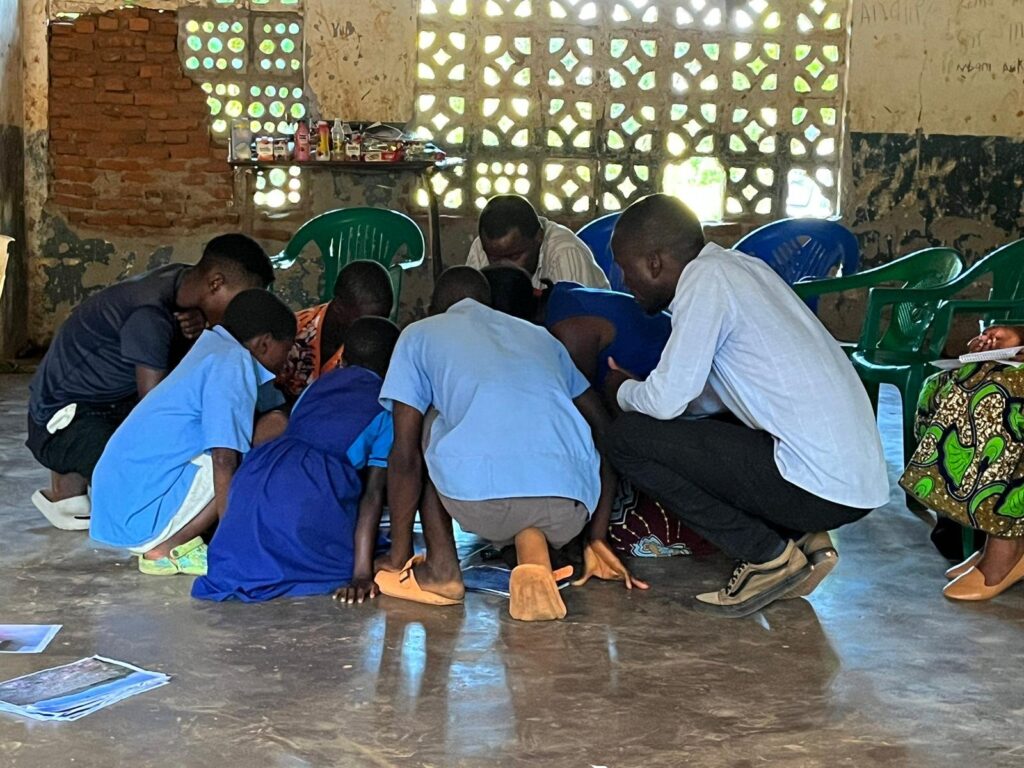
Here is a glimpse of conflicts emanating from lack of adequate access to safe water supply:
